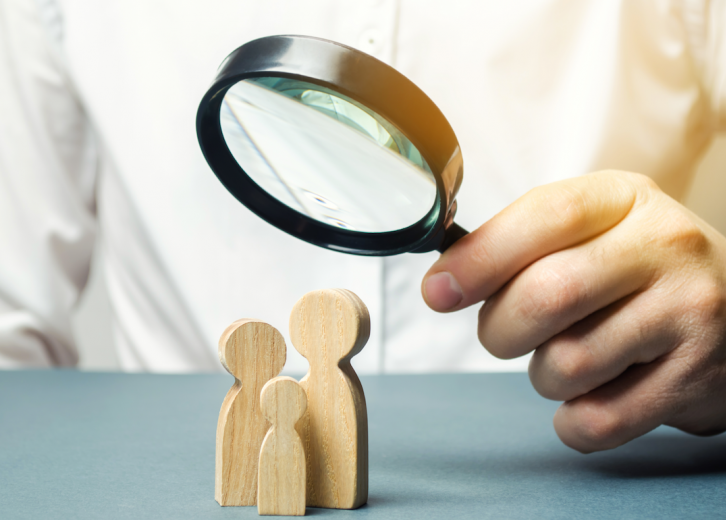The roots of behavior analysis are present in the behaviorist tradition. It uses the learning principles to bring on the change in the behavior of the person. Behavior psychology does not take the mental causes into consideration, it focuses on the behavior.
Behavior analysis has an implication in mental health psychology as well as organizational psychology. It is used basically to treat people and children with behavioral problems or to reduce the behavioral problems in them. It is often used for people and children with disabilities to build abilities in them, increase their academic skills and increase job performance.
Behavioral analysis is science-based on the foundations and principles of behaviorism. Division 25 of the American Psychological Division is devoted to this area.
This division explains it in three different ways:
-
Through the experimental research of behavior.
-
Through ABA (applied behavior analysis).
-
Through the conceptual investigation of behavior.
Two major areas of behavior analysis are:
-
Experimental behavior analysis: It involves basic research.
-
Applied behavior analysis: It involves the application of the principles gained through experimental behavior analysis.
ABA therapists are interested in the behavior itself and its relation with the environment. It does not focus on the internal states rather it focuses on the behavior which is observable.
Techniques used in behavior analysis
-
Chaining: Chaining is breaking a task into smaller forms. The simplest task is learned first or the first in the sequence is learned first. When that is learned, the next task is taken and this chain continues till the whole sequence is learned.
-
Prompting: In this, some kinds of prompts such as some verbal cues or some visual cues, etc are used.
-
Shaping: it involves gradual alteration of behavior and rewarding close approximation of corrected behavior.
Application of behavioral analysis
The application of behavioral analysis is quite diverse in nature:
-
Education
-
Autism
-
Self-injurious behavior
-
Developmental disabilities
-
Infant assessment
-
Gerontology
-
Organizational performance management
-
Training and instructional design
-
Behavioral safety
-
The experimental analysis of behavior (basic research)
-
Brain injury rehabilitation
-
Human operant research
-
Animal and pet training
-
Verbal behavior
-
Behavior pharmacology, drug self-administration and drug discrimination
-
Behavior toxicology
-
behavioral medicine
-
computer modeling of behavior and artificially intelligent agents
-
decision support systems
-
human factors and user interface design
Skills learned with the help of behavior principles and behavior analysis
There are numerous skills that can be learned through this. They are:
-
All the academic skills like reading, writing, and maths.
-
Language skills like conversations.
-
Skills like toileting and grooming.
-
Daily activities like eating.
-
Skills like walking etc.
-
Social skills like relationship building and learning social rules.
-
Creative skills
-
Coping skills.
-
Riding a bike, swimming like recreational skills.
Psychologists as mental health care providers play a major role in understanding biological, behavioral, and social factors that influence mental health and physical wellbeing. Dr. (Prof) R K Suri, the Senior Clinical Psychologist at Psychowellness Center, is a trained professional clinical psychologist, having more than 36 years of experience in all kinds of mental health issues and related therapeutic interventions.
Furthermore, TalkToAngel online mental health services under him put your needs first. They can help you with flexible appointments, personalized and customized intervention plans all at the tip of your fingers.
Reads not to be missed:
Gender Dysphoria – Signs, Symptoms And Causes
Sad – Seasonal Affective Disorder: Diagnosis, Treatment
Understanding And Dealing With Hot Flashes
What Is Fibromyalgia And Its Symptoms
The Wonderful World Of Dissociative identity Disorder

